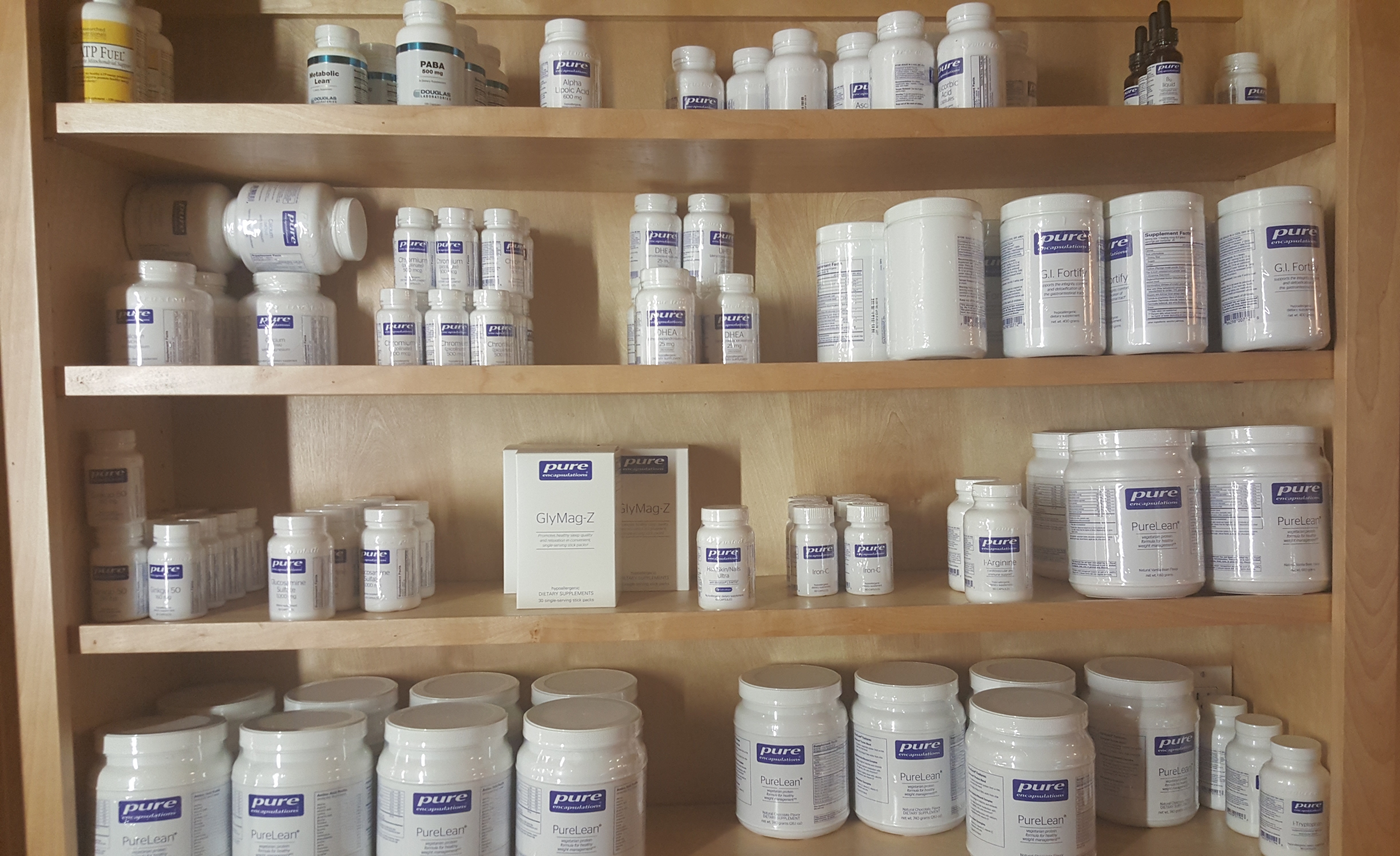Research Backed Supplements: Separating Fact from Fiction

It’s far too easy to get lost in the notoriously unregulated supplement market. Consumers are routinely bombarded by supplement brands with outlandish advertising campaigns, promotional banter, flashy company logos, sponsored athletes, celebrities, proprietary blends, and other common shenanigans.
Nobody wants to throw their hard earned money into a garbage can. But with so many unregulated and unverified products on the market, millions might as well be doing so. With so many worthless supplements floating in the cosmos, how does one decipher quality supplements in 2016?
“There are in fact two things, science and opinion; the former begets knowledge, the latter ignorance.”
-Hippocrates
Luckily, credible rating agencies can be referenced, people who rate supplement brand and product quality for a living. These agencies conduct scientific studies on products to ensure that they truly carry nutrients as advertised, and that these nutrients exist in bio available form for proper absorption.
One such rating agency, known as Nutrisearch, uses a rating system based on their health support profile criteria. The criteria are devised of 18 considerations, including:
- Completeness
- Potency
- Mineral Forms
- Bioactivity of Vitamin E
- Gamma Tocopherol
- Antioxidant Support
- Bone Health
- Heart Health
- Liver Health
- Metabolic Health
- Ocular Health
- Methylation Support
- Lipotropic Factors
- Inflammation Control
- Glycation Control
- Bioflavonoid Profile
- Phenolic Compounds Profile
- Potential Toxicities
After being carefully studied and scored for the following criteria, each supplement brand and/or product is given a score out of five stars.
The ratings received by major brands may be alarming. Take the brand Centrum for example. Their widely recognized commercials advertise popular multivitamins, but they received 1/2 a star out of 5! On the other hand, companies like Douglas Laboratories, a brand that you may never have heard of, received a spectacular 5 out of 5 stars.
Rating agencies such as NutriSearch can be a helpful tool in assessing product quality. Another benchmark to be considered is industry certification. The consumer should check to see if their supplements are certified by the following programs:
- The GMP Certification program
- The NSF Verification program
- The USP Verification program
The gap between true science and supplement marketing hosts a long and winding bridge. As a consumer, the best thing one can do to protect their investment is to follow the research. At best, fraudulent supplements waste consumer money, and at the worst they can detract from consumer health. Though the consumer may not be scientifically trained, they can certainly stick to products which are highly rated/certified by scientists.
Today’s age brings about a massive volume of products, but thankfully tools arise to sift through the masses. It’s a consumer driven market. Unless consumers take the initiative in their expectations, results are just a fairy tale of marketing hype.
References:
MacWilliam, L., MSc, FP. (n.d.). Nutritional Supplements (4th ed.). Northern Dimensions.
